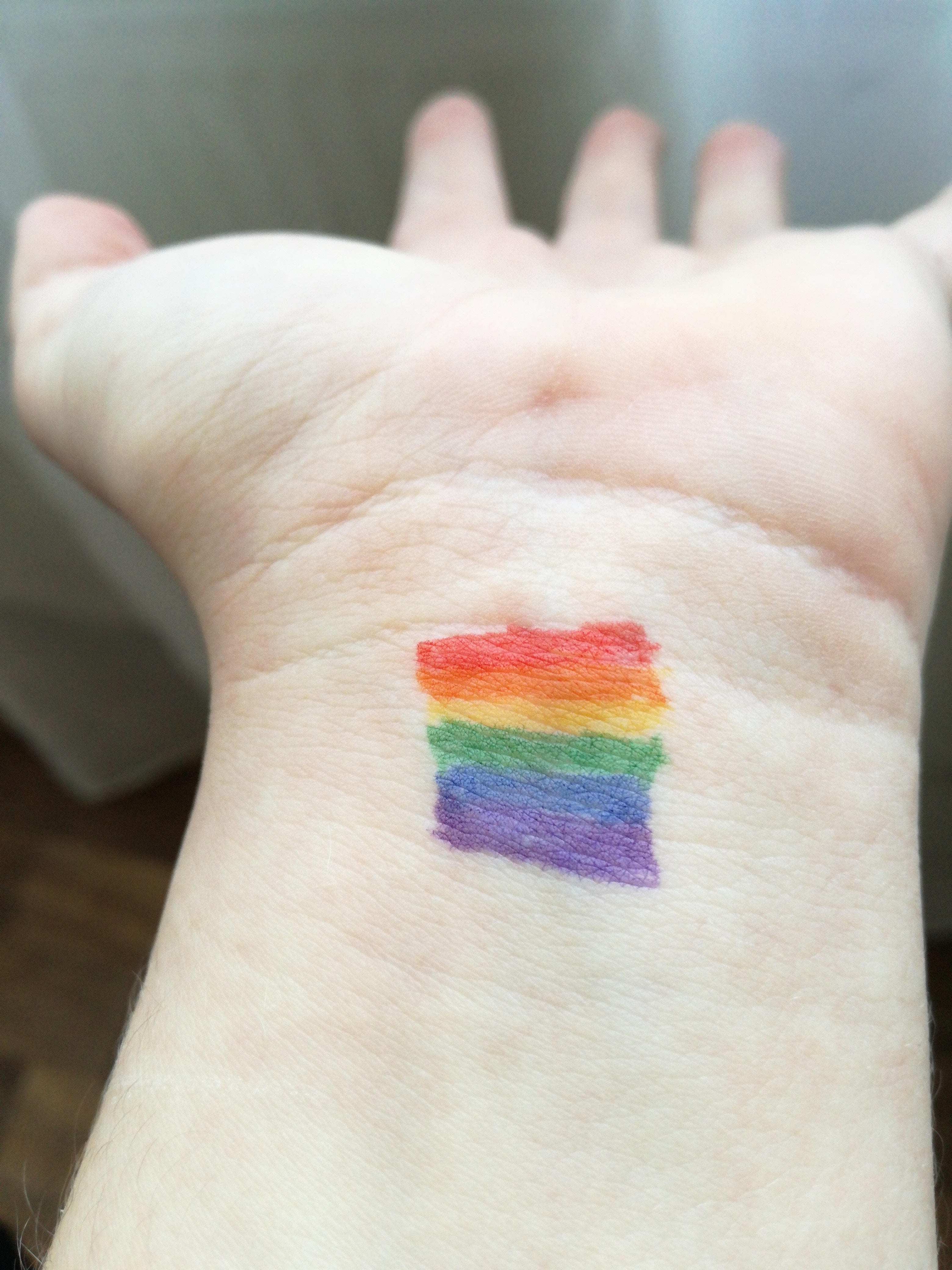I meant to post this a couple of weeks ago when it showed up in my inbox and then it got buried, so I am a bit late in getting this up. The American College of Surgeons recently published its Trauma Quality Improvement Program Best Practice Guidelines for Child Abuse, Elder Abuse, and Intimate Partner Violence. This is a pretty rich resource for all of you hospital-based folks out there (and there’s some helpful information for those of you in the community, as well). It’s a chewy document (more than 120 pages), so there’s a lot to work through, but it’s certainly worth your time. Screening tools, assessment recommendations, coding resources–it’s all in there.
And not for nothing, but related to a significant pet-peeve of mine: this is what we’re talking about when we’re talking about best practices. Guidelines created from evidence-based literature when available and consensus of a professional clinical/scientific group when evidence is unavailable. Frequently (read: at trial) people like to sling the term best practices around with no weight behind it. Best practices are not oral traditions passed down from clinician to clinician. Best practices are written documents, published and available to the profession. If you tell me (or testify) that something is a best practice, please be prepared to identify where that best practice can be found. Because if it’s not published somewhere, it’s not a best practice–it’s just your practice.
Thank you for coming to my TED talk.
__________________________
Have you checked out the FHO store lately? You can find the newest research brief, Applying The Strangulation Research To Expert Testimony In Cases With Adult Victims. Or purchase the complete set of three (Strangulation, Aging Bruises, and Consensual Sex Injury) for a special price.




















